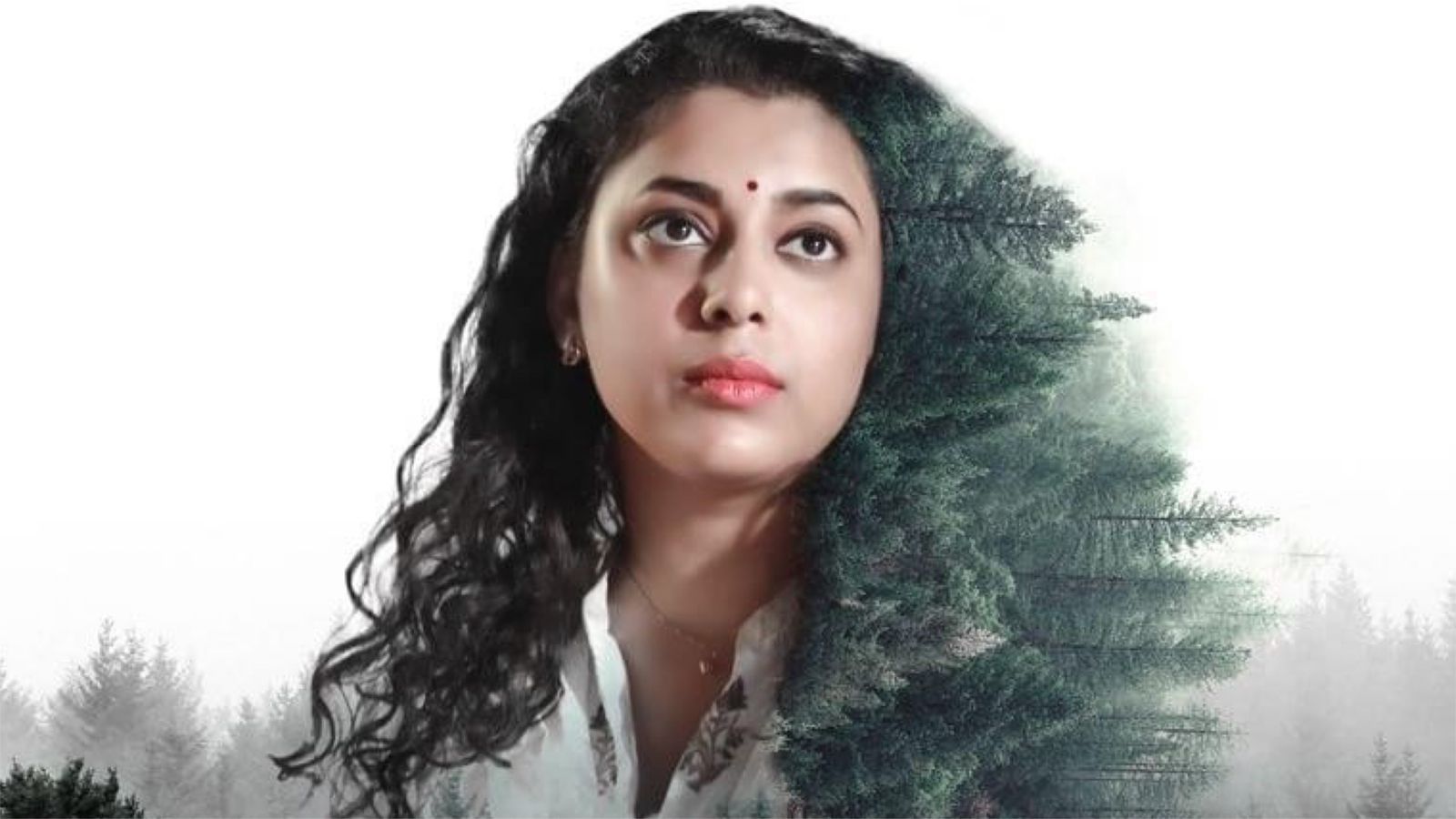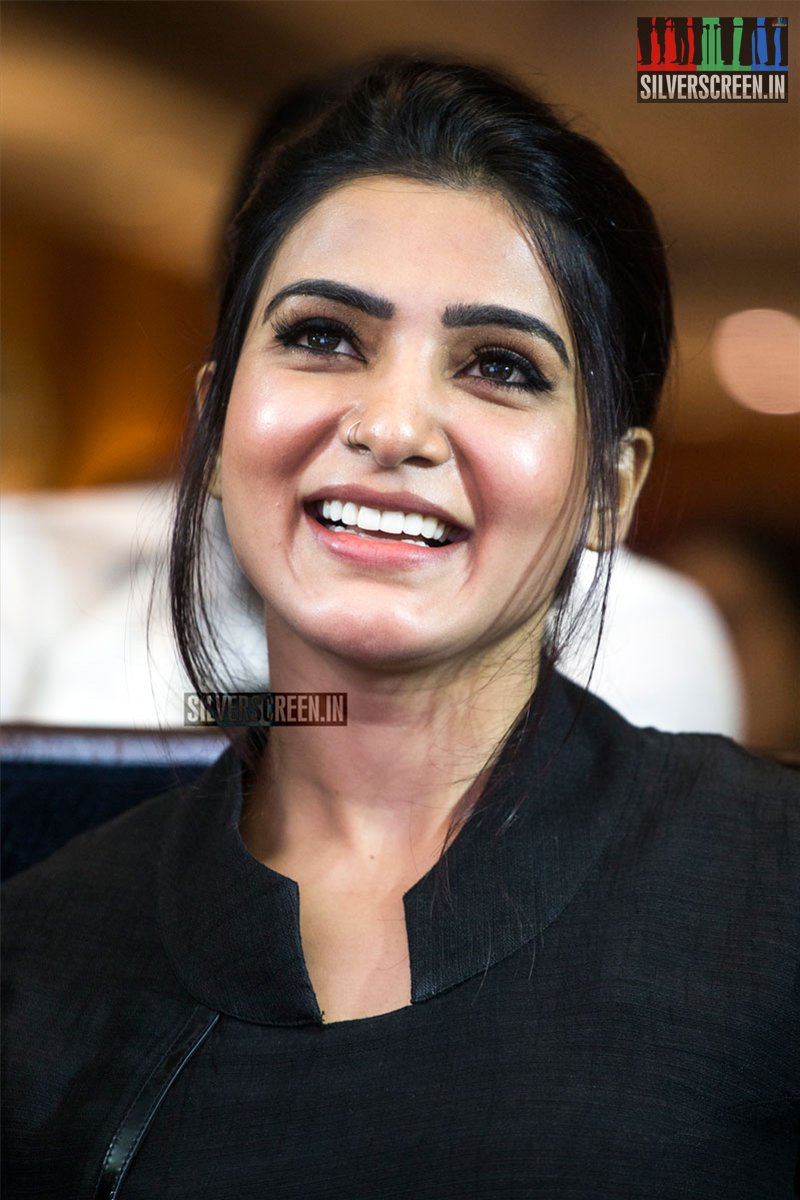Durai Guna, a dalit writer who had been arrested by the Karambakudi police for assaulting a man over a monetary dispute, has been granted bail. An attempt to murder case had been registered against the writer and his activist friend, Bhoopathy Karthikeyan. While Durai’s family have accused the police of foisting a false case on the writer, the SP in charge of the case told Scroll.in, “There is some financial transaction between him, [and two others named] Karthikeyan and Sivanandam. Sivanandam is now admitted in the government hospital and has complained that Guna and Karthikeyan had stabbed him.”
Sivanandam has now filed a habeas corpus petition with the Madras High Court seeking the ‘immediate production’ of Durai Guna. He also alleged that the complaint he filed was at the insistence of the Karambakudi Police. Following this, the writer has been granted bail. However, Mr Guna and Mr Karthikeyan could not be released immediately as they had been remanded in judicial custody in another case, also registered by the Karambakudi police on July 2015. The case had been filed by a Mr Marimuthu, who had alleged that Guna, Karthikeyan, and five others had assaulted him. The case will be heard this Friday, and only then will Durai Guna’s fate be decided.
Unfortunately, these controversies are not new for the writer. He came into prominence with his 2014 debut novella Ooraar Varaindha Oviyam, which dealt in part with atrocities meted out to the dalits of his area by caste Hindus. Unsurprisingly, the plot ruffled quite a few feathers, and Durai was effectively cut off from his village. In an interview with The New Indian Express, Durai said, “On August 5, 2014, a section of Dalit residents, including Thangaraj village panchayat president, P Ganeshan, Pilakurichi village panchayat vice president, Manickam son of Malaiyappan, Sasikumar son of Kaliyaperumal, Sankaran son of Mongan, came and asked me to leave the village. According to them, the caste Hindus were unhappy with their depiction in my book and they wanted me to leave the village along with my family.”
The author also revealed that the group had claimed that 10 Dalits had been terminated from their jobs by the caste Hindus, to drive home their point. “They also prevented the Dalits from grazing their cattle on their farm lands, besides telling us that no Dalit should come to the village bazaar. The caste Hindu shop keepers also refused to do business with Dalits,” he said. With no interventions despite repeated complaints to the district administration and local police, and after frequent incidents of assault on Durai and his family members, the writer was forced to leave the place.
“When we tried to return after two years, they beat my husband up again. The court assigned us police protection, but to no avail,” his wife Kokila told Silverscreen.in. “The police have never treated us with the right attitude. From the very beginning, they’ve been very bad to us. When they arrested my husband on June 10 for something he didn’t do, they didn’t even allow him to wear his shirt. They just took him away. Even when we demanded to know why they were taking him away, the police refused to tell us.”
Recommended
Kathir, the founder-director of Evidence, a Madurai based dalit rights organisation, says that the Karambakudi station is notorious for its upper-caste leanings. “There are several examples from the recent past where they clearly took a stand in support of caste Hindus, including a case relating to an inter-caste marriage. Guna and Karthikeyan, a local activist, on the other hand, have supported dalits in various cases, including in the case of the same inter-caste marriage.”
In light of this apparent police bias, the National Human Rights Defenders has urged the National Human Rights Council to conduct an “independent, transparent” investigation into the arrest.
Thus far, the issue appears eerily similar to the plight of Perumal Murugan, who gave up writing last year after protests over his novel Madhorubagan.
Feature Image Courtesy: Scroll.in



